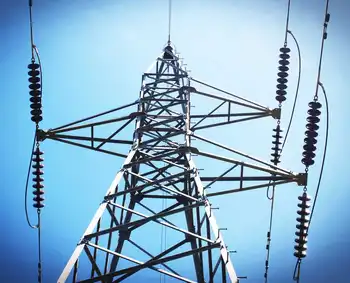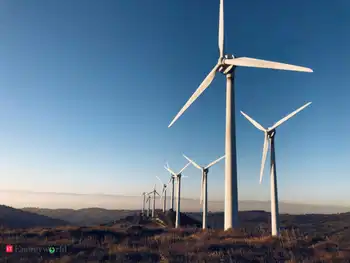Artificial leaf creates power from sun
"A practical artificial leaf has been one of the holy grails of science for decades," Daniel Nocera, a Massachusetts Institute of Technology professor of chemistry and energy, said in a release.
"We believe we have done it. The artificial leaf shows particular promise as an inexpensive source of electricity for homes of the poor in developing countries. Our goal is to make each home its own power station," he said.
Nocera unveiled his leaf at the National Meeting of the American Chemical Society in California.
About the size of a very thin playing card, the silicon solar cell uses electronics and catalysts to accelerate chemical reactions to convert sunlight and water into electricity.
The cell is placed in a gallon of water in full sun, where it splits the water into hydrogen and oxygen. The hydrogen and oxygen gases are then stored in a fuel cell, which uses the two elements to produce electricity.
The artificial leaf is not a new concept. John Turner of the U.S. National Renewable Energy Laboratory in Colorado created the first one more than 10 years ago. But it used rare, expensive metals and had a lifespan of barely one day.
Nocera said his leaf is made of inexpensive materials that are widely available, including catalysts made of nickel and cobalt. In a lab experiment, he showed that his leaf can operate continuously for at least 45 hours without a drop in activity.
"One can envision villages in India and Africa not long from now purchasing an affordable basic power system based on this technology," he said.
Related News

EDF and France reach deal on electricity prices-source
PARIS - State-controlled power group EDF and the French government have reached a tentative deal on future nuclear power prices, a source close to the government said on Monday, ending months of tense negotiations.
The two sides agreed on 70 euros per megawatt hour (MWH) as a reference level for power prices, the source said, cautioning that details of the deal are still being finalised.
The negotiations aimed to find a compromise between EDF, which is eager to maximise revenues to fund investments, and the government, keen to keep electricity bills for French households and businesses as low as possible.
EDF declined to…





